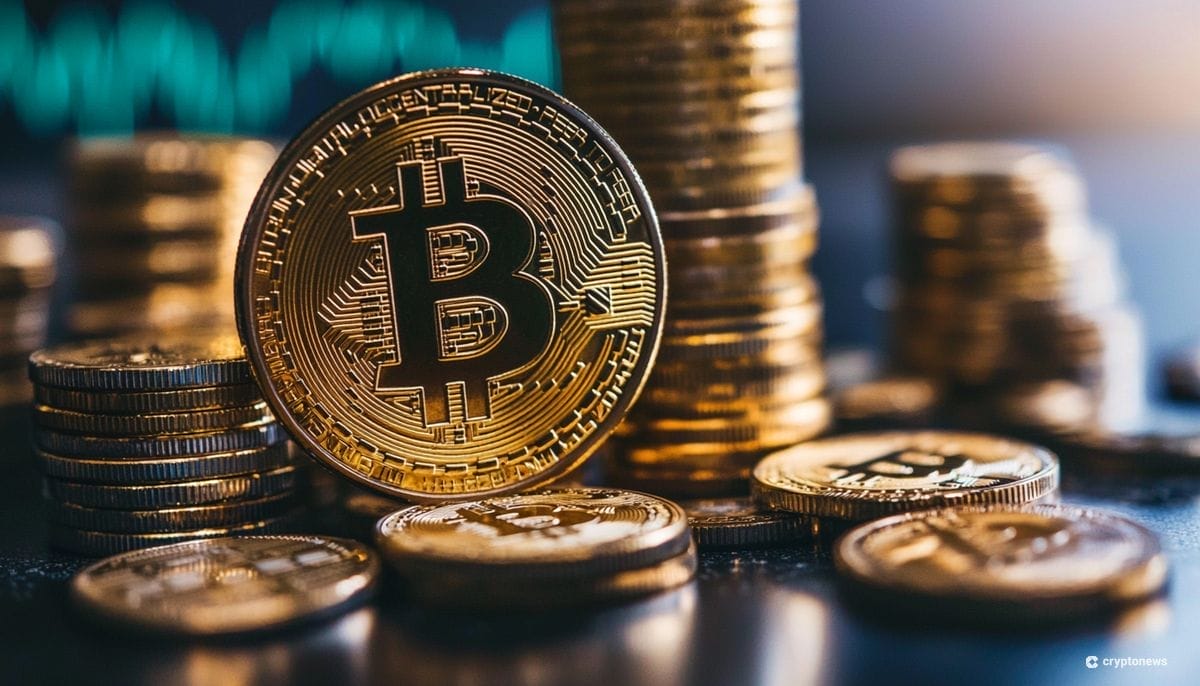Last updated:
 Why Trust Cryptonews
Why Trust Cryptonews

The United States Supreme Court has decided not to hear a case involving 69,370 Bitcoin, valued at $4.38 billion, seized from the Silk Road dark web marketplace.
Battle Born Investments, a company claiming ownership of the Bitcoin, sought a review from the Supreme Court.
The firm argued that it had acquired the rights to the seized Bitcoin through a bankruptcy estate.
However, the Supreme Court’s refusal to take up the case leaves the government’s control over the cryptocurrency largely uncontested.
The decision also paves the way for the U.S. government to sell the significant Bitcoin stash.
Battle Born Said it Obtained the Bitcoin Through Bankruptcy Claim
The legal dispute began when Battle Born Investments asserted that it obtained the Bitcoin through a bankruptcy claim after the closure of Silk Road in 2013.
It alleged that Raymond Ngan, a debtor in the bankruptcy proceedings, was the mysterious “Individual X” who had illicitly taken billions of dollars worth of Bitcoin from Silk Road.
Despite these claims, the courts have consistently ruled against the company.
In 2022, a district court ruled that Battle Born did not have a legitimate claim to the Bitcoin.
The following year, an appeals court in San Francisco upheld this decision, concluding that the firm’s claims were not legally valid.
These setbacks culminated in the Supreme Court’s recent decision to decline the case, effectively closing the legal pathway for Battle Born.
The Supreme Court, which typically hears only 100 to 150 of over 7,000 annual review requests, chose not to take this matter further.
This decision significantly boosts the likelihood that the government’s civil forfeiture action will prevail, allowing it to move forward with the potential sale of the seized Bitcoin.
The U.S. government has already begun to move some of the Silk Road-linked Bitcoin.
On July 29, around $2 billion worth of the cryptocurrency was transferred, managed by the U.S. Marshals Service through Coinbase Prime for custody.
The sale of such large amounts of Bitcoin by governments has been known to cause market fluctuations.
For example, in June and July, the German government sold nearly 50,000 Bitcoin, valued at over $3.15 billion, which contributed to notable market volatility.
Trump Suggests Strategic Bitcoin Stockpile
It remains uncertain how the U.S. will proceed with the remaining Bitcoin.
Notably, Republican presidential candidate Donald Trump has suggested that he would establish a “strategic Bitcoin stockpile” if he wins the upcoming election.
Meanwhile, Democratic candidate Kamala Harris has yet to announce her stance on handling seized cryptocurrency.
Silk Road, founded by Ross Ulbricht in 2011, was known for facilitating illicit transactions before it was shut down.
Ulbricht is currently serving a life sentence without the possibility of a parole for charges, including money laundering and drug distribution.
Trump has also indicated that he would consider commuting Ulbricht’s sentence if elected president.
















